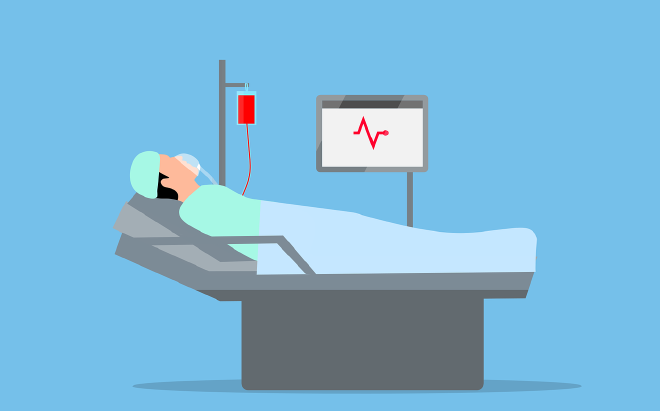

Low- and middle-income countries are home to 85% of the world’s population and bear a disproportionate burden of critical illnesses. However, the global scientific publishing system remains dominated by scholars from high-income countries. This historical imbalance, rooted in colonial-era practices, limits the visibility of crucial research conducted in developing nations. The study, coordinated by the Instituto D’Or de Pesquisa e Ensino (IDOR), the Federal University of Rio de Janeiro (UFRJ), the AC Camargo Hospital, the Heart Institute, and research centers in Argentina and Uruguay, sheds light on these structural disparities.
The academic dominance of high-income countries #
Historically, editorial practices and scientific metrics have favored research from high-income nations, relegating studies from low- and middle-income countries to a secondary role.
These obstacles not only limit the reach of research conducted in developing countries but also reinforce a dependency on recognition and funding from wealthier nations.
The study illustrates how scientific knowledge from low- and middle-income countries proved essential during the covid-19 pandemic. Challenges typically faced by developing nations—such as economic crises and workforce shortages—became realities even for high-income countries.
The global health crisis underscored the value of knowledge generated in countries with resilient and adaptable healthcare systems. However, the lack of representation in high-profile journals continues to hinder recognition of the valuable lessons that the so-called “Third World” has to offer the scientific community.
Proposals for a more inclusive approach to intensive care science #
The researchers propose several global and regional actions to foster a more equitable scientific ecosystem. These include increasing the visibility of scientific journals from low- and middle-income countries and reducing or waiving publication fees for authors from these regions in international journals.
Another key recommendation is ensuring a fairer peer-review process, where article evaluations prioritize scientific merit rather than perspectives shaped by high-income countries’ cultural and economic contexts. The authors emphasize that achieving this goal requires greater diversity in editorial boards, which often lack representation from researchers in developing nations.
The study reflects a collaborative international effort to understand and address inequalities in the global scientific publishing system. By challenging entrenched power dynamics and amplifying the perspectives of low- and middle-income countries, the researchers advocate for a more equitable publishing landscape—one that better serves the needs of critically ill patients worldwide.
- The paper Decolonise publishing to reduce inequalities in critical care was published in The Lancet journal. Authors: Jorge I F Salluha, Antonio Paulo Nassar, Jr, Elisa Estenssoro, Sebastián González-Dambrauskas & Juliana Carvalho Ferreira.

